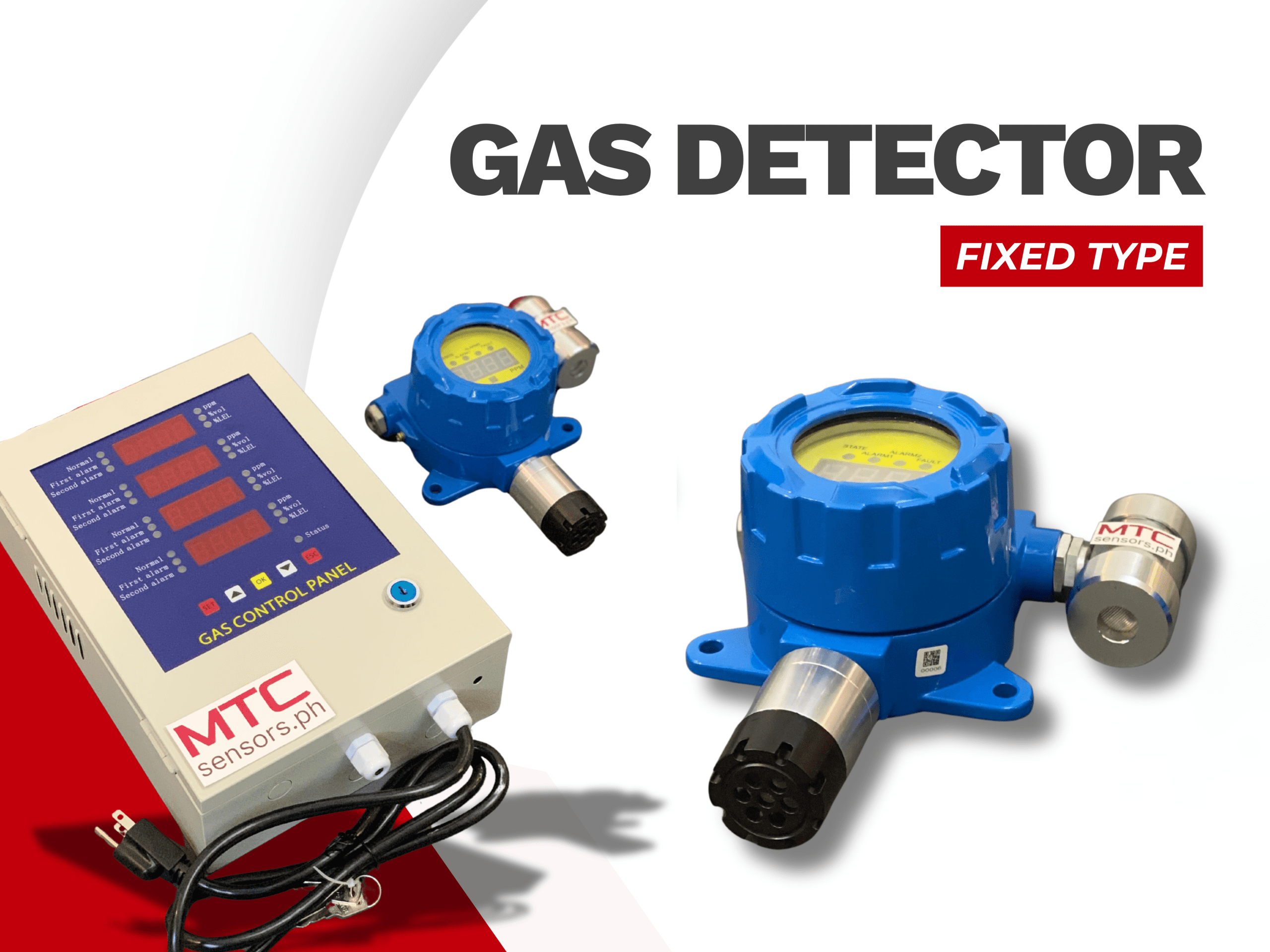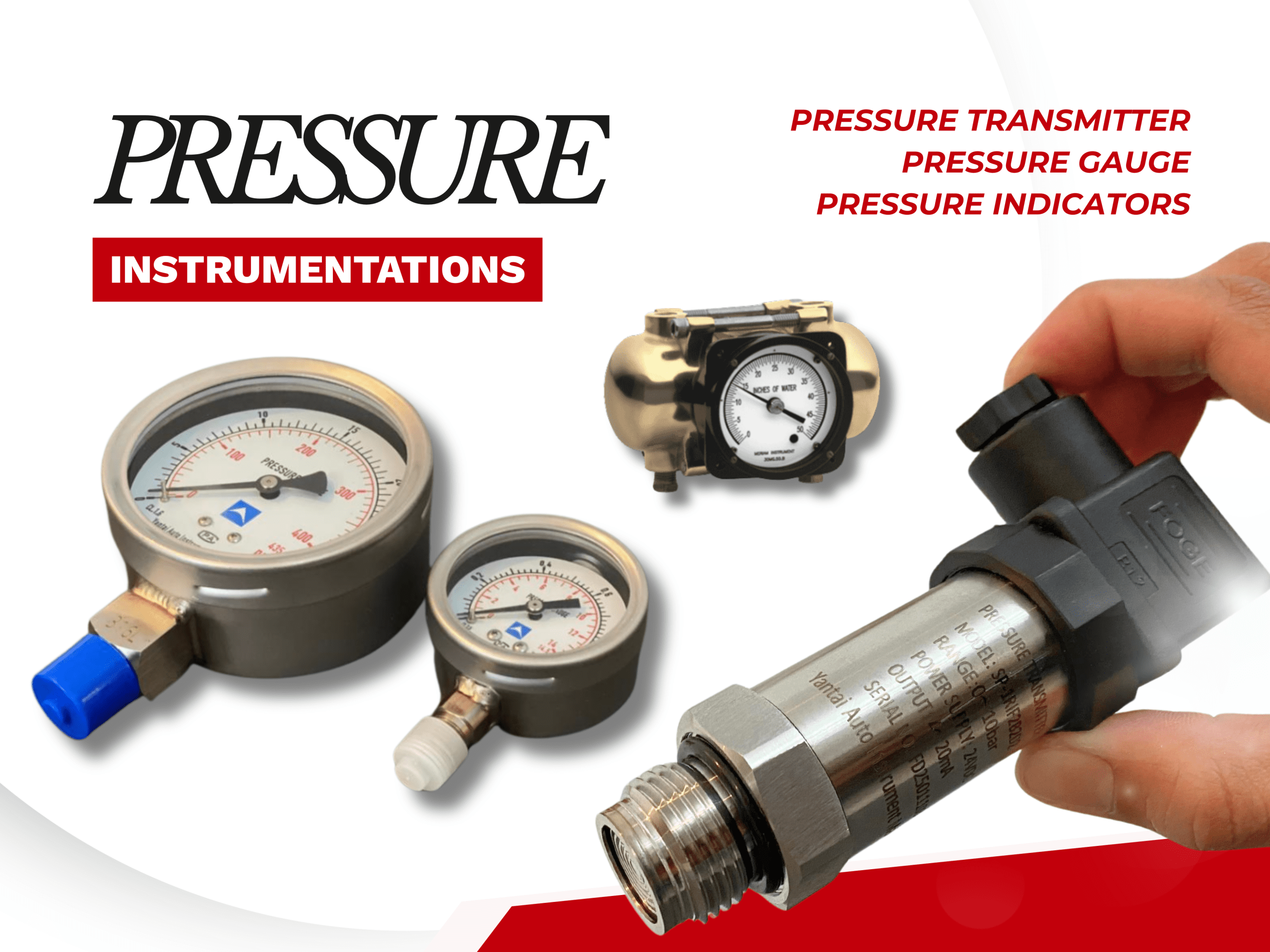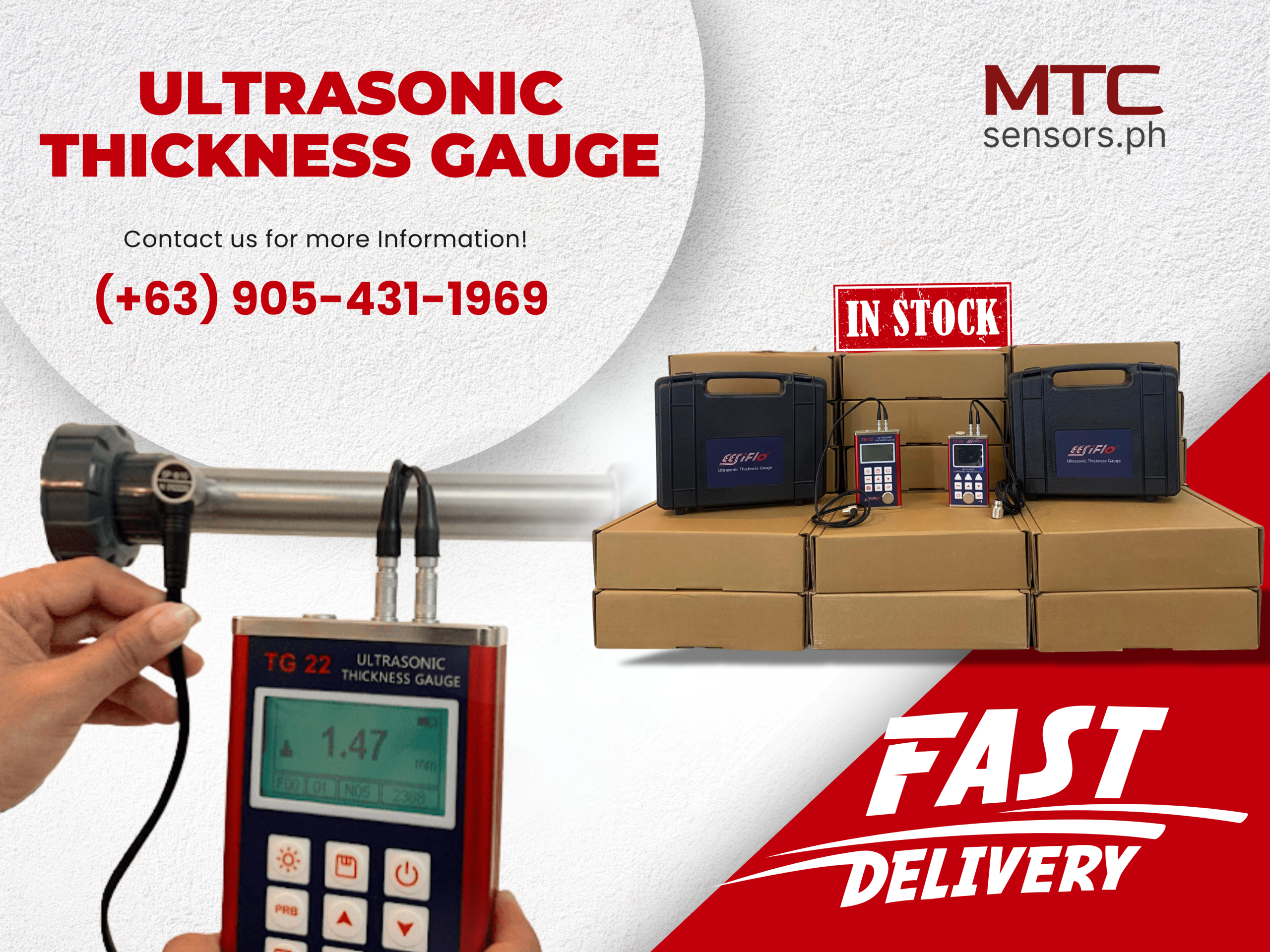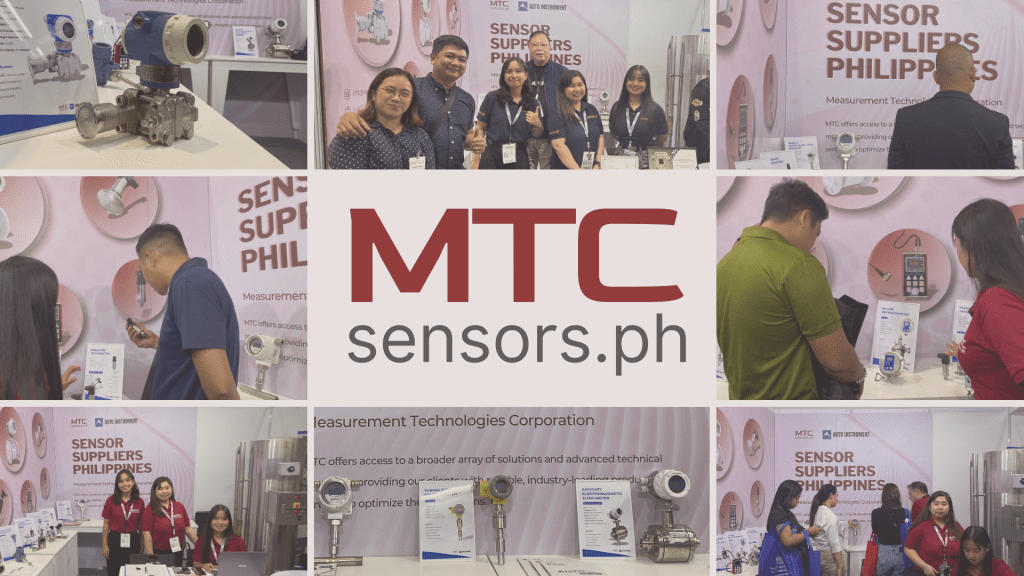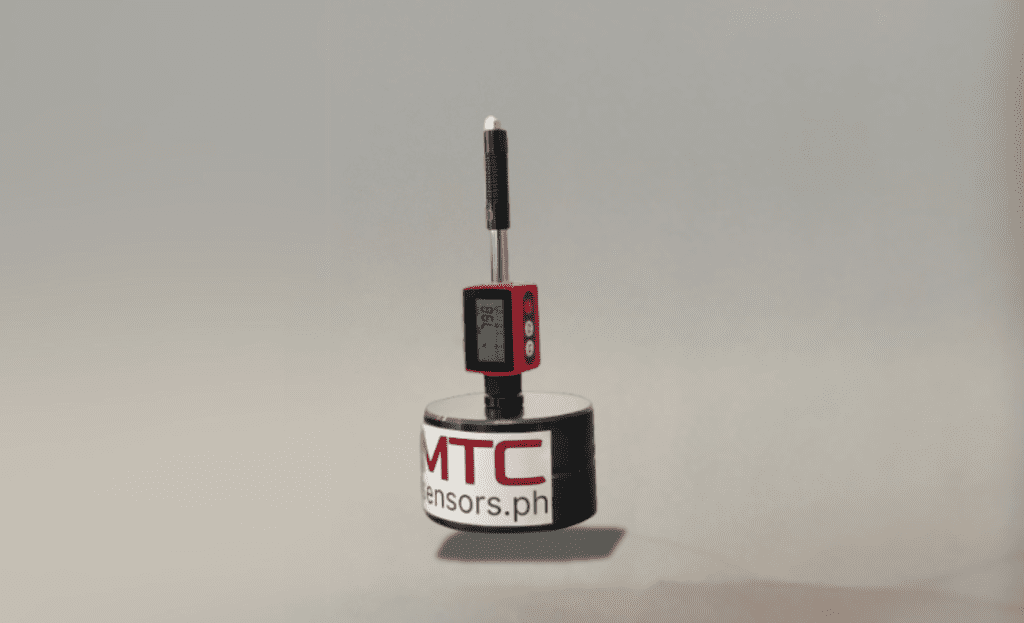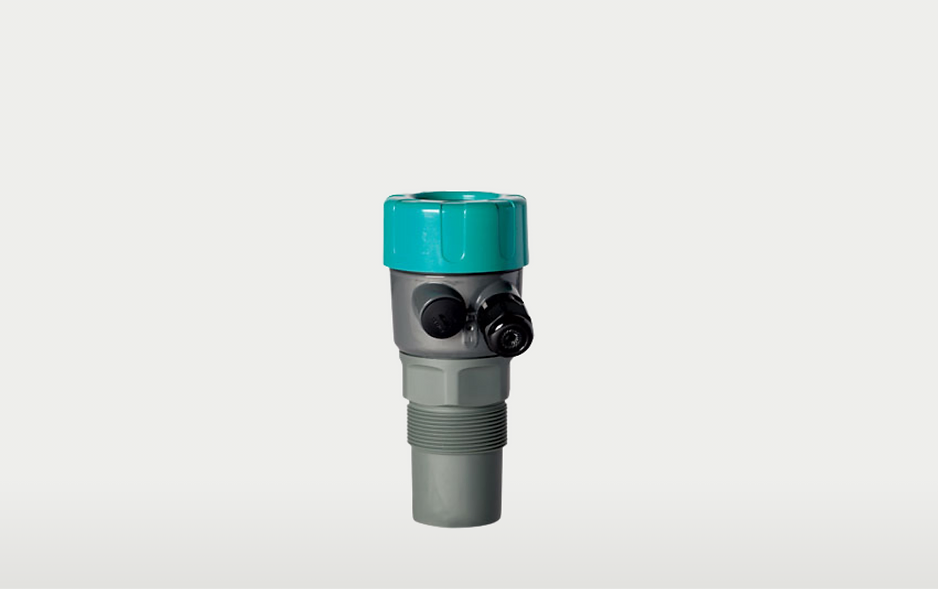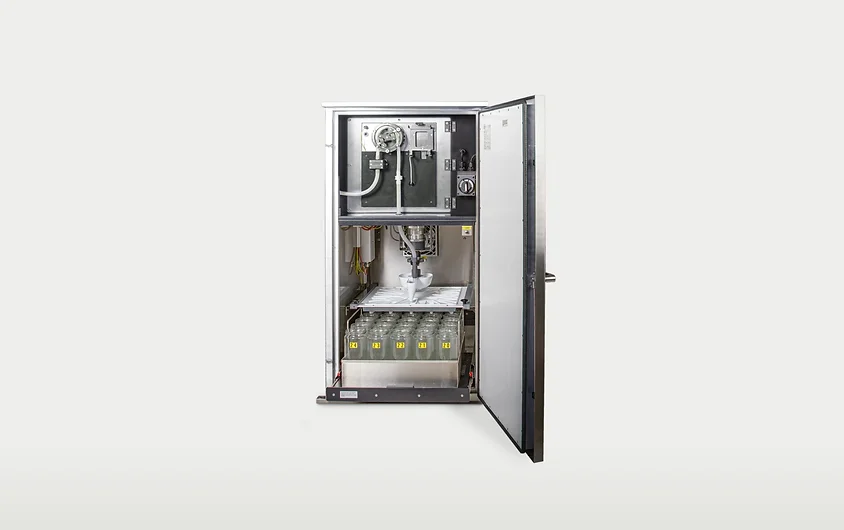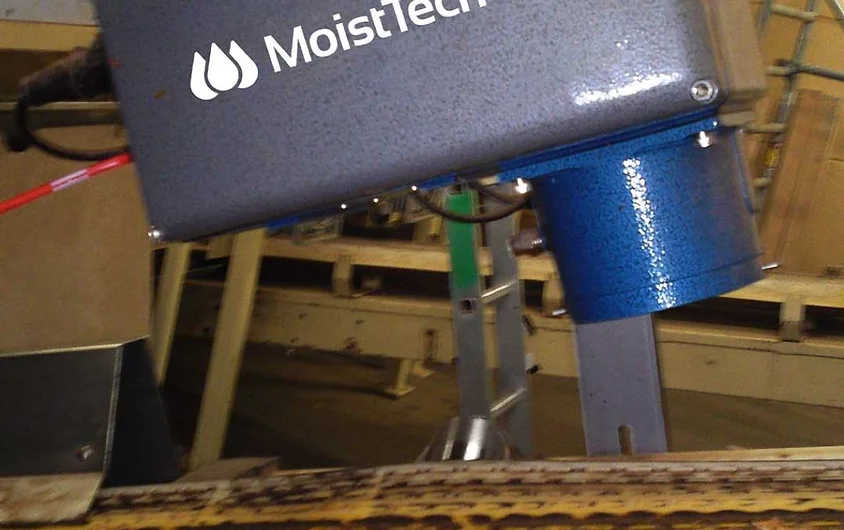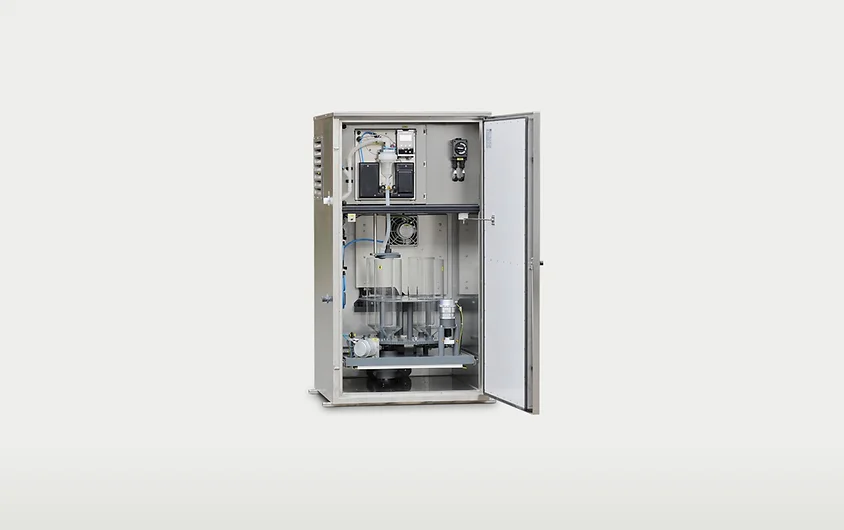MH100 series pocket hardness meters, also known as pen-type hardness tester, based on Leeb hardness measuring principle, quick and easy on-site test the hardness of series metal materials, support free conversion between Richter, Brinell, Rockwell hardness scale and others,integrated compact design, small size, portable, highly integrated, stable and reliable performance, supporting data transfer and print the stored function. Widely used in failure analysis of metal processing and manufacturing, special equipment, permanent assembly, inspection and other fields. Particularly suitable for large parts and non-removable part of the site hardness testing. It is professional precision instrument to improve the pass rate of production and cost savings .
- Based on the principle of Leeb hardness testing theory. It can measure the Leeb hardness of all metallic materials.
- High-contrast Segment LCD ,easy to use
- Support Steel ,when using D sensor to test steel,it can show HB directly.
- Software calibration automatically.
- 100 groups (impact times 32 ~ 1) hardness measurements, each set of data includes single testing value,average value, measurement date / time, impact direction, frequency, material, hardness, and other information.
- Real-time display the remaining battery power, charging progress is displayed while charging.
- USB interface to PC for data communication
- Data processing software can do transmission measurements, the measured value storage management, statistical analysis of the measured value, the measured value of the print report and batch set the instrument parameters .
- Integrated compact design, small size, portable, highly integrated, stable and reliable performance, suitable for harsh environment field operations, prevent from vibration, shock and electromagnetic interference.
- Dimension:148mm×33mm×28mm
- Die cavity of molds
- Bearings and other parts
- Failure analysis of pressure vessel, steam generator and other equipment
- Heavy work piece
- The installed machinery and permanently assembled parts.
- Testing surface of a small hollow space
- Requirements of formal original record for test results
- Material identification in the warehouse of metallic materials
- Rapid testing in large range and multi-measuring areas for large-scale work piece
Measuring range: (170~960) HLD
Impact direction: Vertically downward, oblique, horizontal, oblique, vertical upward, automatically identify
Error: Impact device D:±6HLD
Repeatability: Impact device D:±6HLD
Material: Steel and cast steel, cold work tool steel, stainless steel, grey cast iron, nodular cast iron, cast alum
Hardness Scale: HL、HB、HRB、HRC、HRA、HV、HS
Min depth for harden layer: D≥0.8mm;C≥0.2mm
Display: High-contrast Segment LCD
Storage: Up to 100 groups (Relative to average times 32~1)
Calibration: Single point calibration
Data printing: Connect PC to print
Working voltage: 3.7V (Built-in lithium polymer battery)
Power supply: 5V/500mA;recharge for 2.5~3.5 h
Standby period: About 200h (without backlight)
Communication interface: USB1.1
Shell material: ABS engineering plastic
Dimensions: 148mm×33mm×28 mm
Total weight: 4.0KG
PC software: Yes
Types of Hardness Testers:
When considering measuring the hardness of a solid there are several options as to what method to use. Some of the different types of hardness testing equipment are such: Rockwell, Vickers and Brinell to name a few. Hardness testers suppliers provide solutions for multiple industries and companies who want to maintain quality control which might include the acceptance or rejection of an object based on it’s hardness. Some applications also involve hardness testing for research purposes.
What is the Difference Between Durometer and Leeb Hardness Tester?
Durometers and Leeb hardness testers are both types of hardness testers, but they use different methods and are typically used for different materials. Durometers are primarily used for measuring the hardness of soft materials like plastics and rubber, while Leeb hardness testers are designed for testing the hardness of metals and other harder materials.
Working Conditions
Working temperature:– 10℃~+50℃;
Storage temperature:-30℃~+60℃
Relative humidity: ≤90%;
The surrounding environment should avoid of vibration, strong magnetic field, corrosive medium and heavy dust.

